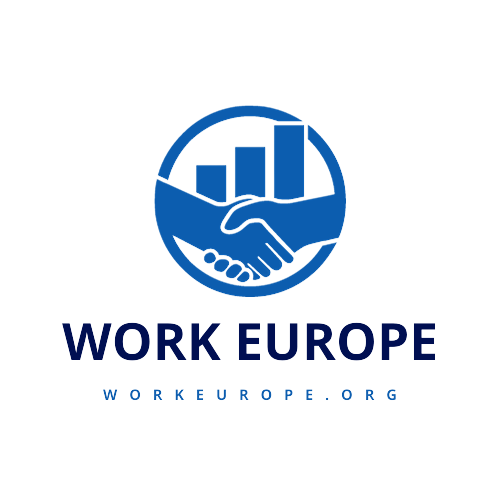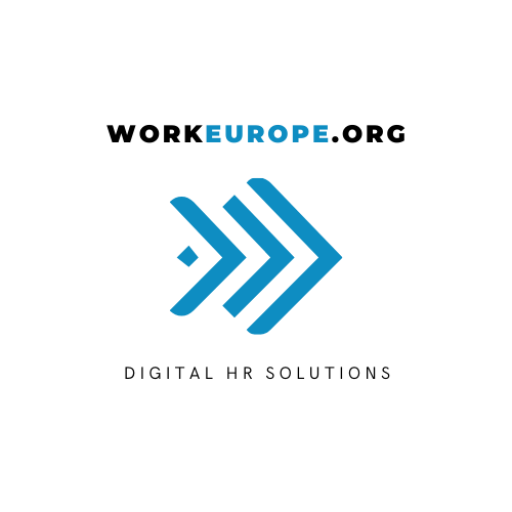
Working hours and workplace culture in Europe can vary by country and industry, but there are some common trends that you can expect to encounter:
Typical Working Hours:
- Standard Workweek: In many European countries, the standard workweek is 35 to 40 hours, typically spread over five days. The specifics can vary, with some countries favoring shorter workweeks and others leaning toward longer ones.
- Flexible Hours: Flexible working hours are becoming more common, especially in industries like tech. This may allow employees to start and finish work at different times to accommodate personal needs.
- Lunch Break: A one-hour lunch break is common in many European countries, with some cultures placing a strong emphasis on this midday pause for relaxation and a meal.
- Annual Leave: European employees typically enjoy generous annual leave entitlements, often ranging from 20 to 30 days or more, depending on the country and seniority.
- Public Holidays: European countries have a variety of public holidays, and the number of days off can vary. In some countries, employees may receive additional days off for special occasions.

Workplace Culture Differences:
- Work-Life Balance: European workplace culture often places a strong emphasis on work-life balance. Employees generally value their personal time and prioritize activities outside of work.
- Punctuality: Punctuality is highly valued in many European cultures. Arriving late to meetings or appointments is generally considered disrespectful.
- Hierarchy and Teamwork: European workplaces may have flatter organizational structures, with open communication and collaboration encouraged. Hierarchical structures vary by country and industry.
- Vacations: Europeans tend to take longer vacations, often up to several weeks at a time, which is deeply ingrained in their culture. It’s common for businesses to slow down during the summer holiday season.
- Social Interaction: Building relationships with colleagues is essential in European workplaces. Lunches, coffee breaks, and social gatherings are opportunities to connect with coworkers.
- Dress Code: Dress codes can range from formal to casual, with more relaxed attire in creative industries and tech. However, it’s essential to dress professionally in client-facing roles.
- Lunch Culture: In some European countries, the lunch break is a social event. It’s customary to take a leisurely lunch with colleagues, which can foster team cohesion.
- Multilingual Environment: In multinational companies and industries that attract international talent, it’s common to work in a multilingual environment. English is often the lingua franca.

It’s important to remember that Europe is culturally diverse, and workplace culture can vary significantly from one country to another. Additionally, individual company cultures and industries may have their own unique characteristics. Before starting a job in Europe, take the time to familiarize yourself with the specific workplace culture of your new employer and seek guidance from colleagues or HR professionals to ensure a smooth transition into the work environment.

